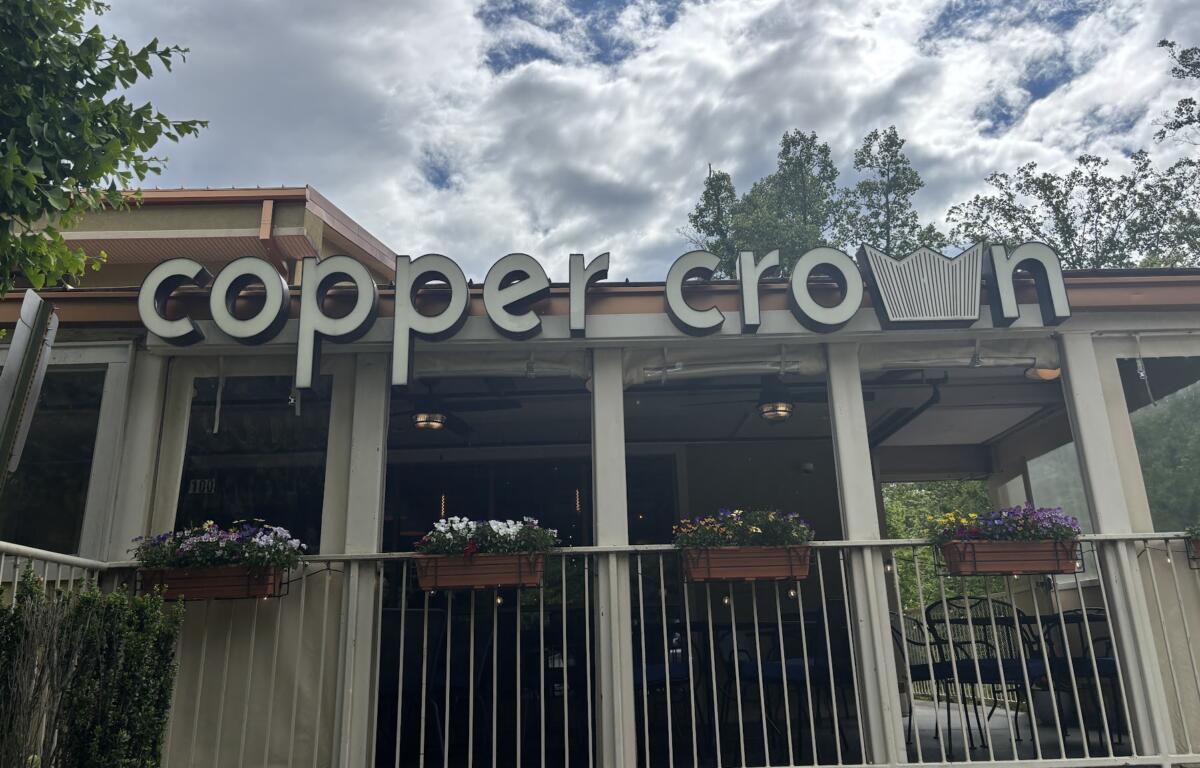ASHEVILLE, N.C. (828newsNOW) — Finding accessible spots in Asheville is about to get a whole lot easier, thanks to a new online database.
Accessible Towns is a digital initiative launching in summer 2025 which will populate a map of Asheville with accessibility scores for local restaurants and businesses.
“This is an online platform that we are developing that will have the physical accessibility of locations out in our community, like restaurants, bars, breweries, eateries, bakeries, things like that,” explained founder Katie Reph. “The physical accessibility categorized, so that people who are differently abled can get out into the community and patronize our local business scene.”
Locations in the database will be receive an accessibility score based on aspects of access Reph and her team identified with a national blind survey.
“We look into things like what accessible parking exists, how far that parking is from the entrance of a place, what it looks like to be able to get to the front door,” Reph listed. “Once you get in somewhere, are there accessible seating options and how accessible are different aspects of the establishment?”
Those scores are still coming in – by the time the site launches, there will be over 300 businesses with scores on the map – but Reph was able to report that one business had already received a perfect score.
“Copper Crown was our first five out of five,” Reph shared.
Copper Crown is a restaurant located at 1011 Tunnel Road in east Asheville. Their high score was based on factors which spanned from parking spots to table seating.
“That was for having multiple accessible parking spots, having a flat entrance to get their accessible parking, and that means that it is within 50 feet of a spot to the door,” Reph said. “That means that they have multiple different options of seating or that they at least have accessible table options, which means a movable table and chairs, and that they have bathrooms that are spacious and well-equipped for those who need accessibility.”
In addition to the Accessible Towns accessibility score, users of the platform will be able to submit their own reviews for the businesses.
Reph, who has a background in physical therapy and accessible design, said the idea for Accessible Towns came to her after hearing that a big reason her clients hesitate to venture out into the Asheville community is the lack of accessibility information out there.
“My whole career has been assisting people who are differently abled in one capacity or another, so just having so much exposure to people who may be able to do more if they just were able to understand more of what was going on outside of their environment,” Reph said. “It’s a really cool opportunity to help people in this way.”
To be clear, Reph explained, Accessible Towns was not founded to critique establishments for their level of accessibility. The platform is simply intended to be a tool for those who need it.
“We’re not looking to be people who are criticizing or coming to reprimand, or, you know, just any sort of negative connotations around what accessibility exists in some of the locations,” Reph said. “What we’re here to do is highlight the features that they already have in place so that people who are differently abled can utilize them.
For more information about Accessible Towns, visit their landing page, www.accessibletowns.com, where users can sign up for the Accessible Towns newsletter and watch a video about the project.


